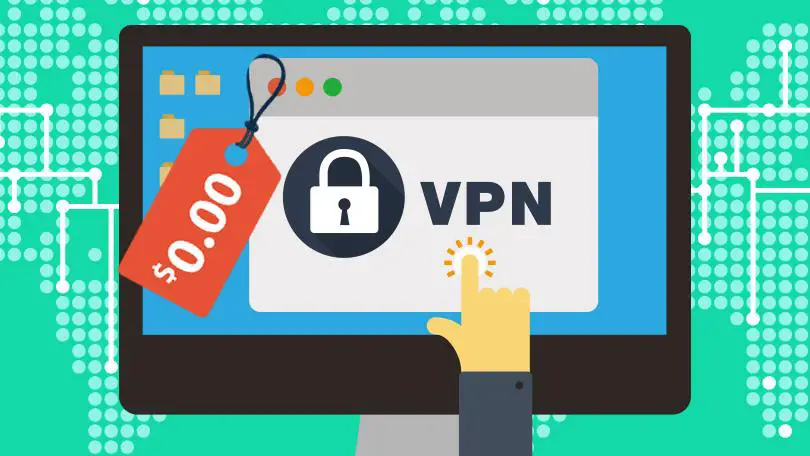Is there anything as safe as web browsing? We might have doubts about it because there is no such thing as ‘safe’ on the internet.
Important Tips When Launching a Safe Web Browsing in Google this 2021
No matter how hard we try in terms of keeping ourselves protected on the web, let’s just understand that nothing shared online remains safe and secure.
To achieve a fair level of security on the internet, we tend to go through a lot of hassle. From creating stronger passwords to opening reliable links to dodging emails spams to keeping our personal information and private data safe, we try every possible daunting technique to ensure safe web browsing.
If you think that by only visiting unknown and unauthentic websites spyware or any other kind of virus can be injected to your electronic devices, then you’re thinking wrong.
Malware can be injected into your devices in many ways. It lurks around different corners of the internet where you’d least expect it to be.
Numerous unnoticeable instances can take place while you’re browsing the internet that might lead you to internet hazards, putting your personal data at risk.
For instance, malware can be loaded on your computer or mobile phone even if you click on a random pop-up window to close it.
Therefore, you need to take some precautionary steps to stay away from cyberattacks. We have mentioned a few important tips that can help you experience safe web browsing. Let’s have a look at them.
Use a VPN Service

A VPN service is one of the best online security tools that protect your online privacy by keeping your web browsing activity hidden from everyone.
Its ability to encrypt the internet traffic makes it become anonymous on the web, hence nobody can easily intercept the encrypted data. All you have to do is look for a good VPN service, download and install it on your device and then switch it on.
Once your device is connected to the VPN server, you can safely browse the internet without anyone monitoring or tracking your online activity.
Update Your Browser

Keeping your web browser updated is critical because when you’re updating the browser, you’re not only getting access to its new features and latest bug fixes but also getting better online security from malware and other related internet risks.
Remember, updating the web browser on your cell phone is also important because your phone contains as much personal information as your computer does. If the browser is set to automatically download the updates by default then you do not have to worry about it.
However, if it’s not, then you can manually update your web browser. Simply open the ‘About’ section of your browser and make the changes accordingly. For Google Chrome, click the Settings tab to get its latest update.
Get an Antivirus Software
Malware and other malicious types of the virus may get inside your device and perform a number of dangerous acts. Once the virus is injected into your device, it can steal your personal information, delete your important files, and may even attack other computers by using your computer.
Having antivirus software installed on your device can be helpful as it is designed to fight against such virus programs. An antivirus program detects when malware tries to sneak into your device.
Similarly, firewall protection can also be enabled to keep your device protected from malignant programs.
Open Trustworthy Sites

This might sound like the most basic tip for keeping your web browsing safe from online threats, however, it is really not. Before clicking a click or visiting a website, always make sure the web address or the URL of the website looks authentic and offers an HTTPS connection instead of the default HTTP one.
A website having an HTTPS connection is quite important because it encrypts your interaction with the web browser. The worth-noticing point is that this form of connection is not enabled on a browser by default.
HTTPS:// Everywhere, a browser add-on, is used as an extension to add an automatic layer of security by implementing an HTTPS connection.
Increase Privacy Settings

Most of the web services, apps, and electronic devices come with basic built-in privacy settings designed to protect your online security.
Gmail, Skype, and even your cell phone have their own privacy settings that need to be set before you can start using them. It is always advisable to go through their privacy settings to make sure you’re not putting your personal information at risk.
Moreover, you can also strengthen your online protection by activating two-factor authentication (2FA) and adding unique passcodes to the apps that contain private information.
These are the few important tips for safe browsing. I hope this article helps you to browse safely without any disturbances. If you have any queries, feel free to ask us in the below comment section. We will get back to you to solve all your queries as soon as possible.
If you know any other tips for safe browsing let us know through our Contact Us page or you can write them below. We will include them in our article in the next update.
Happy Safe Browsing!






